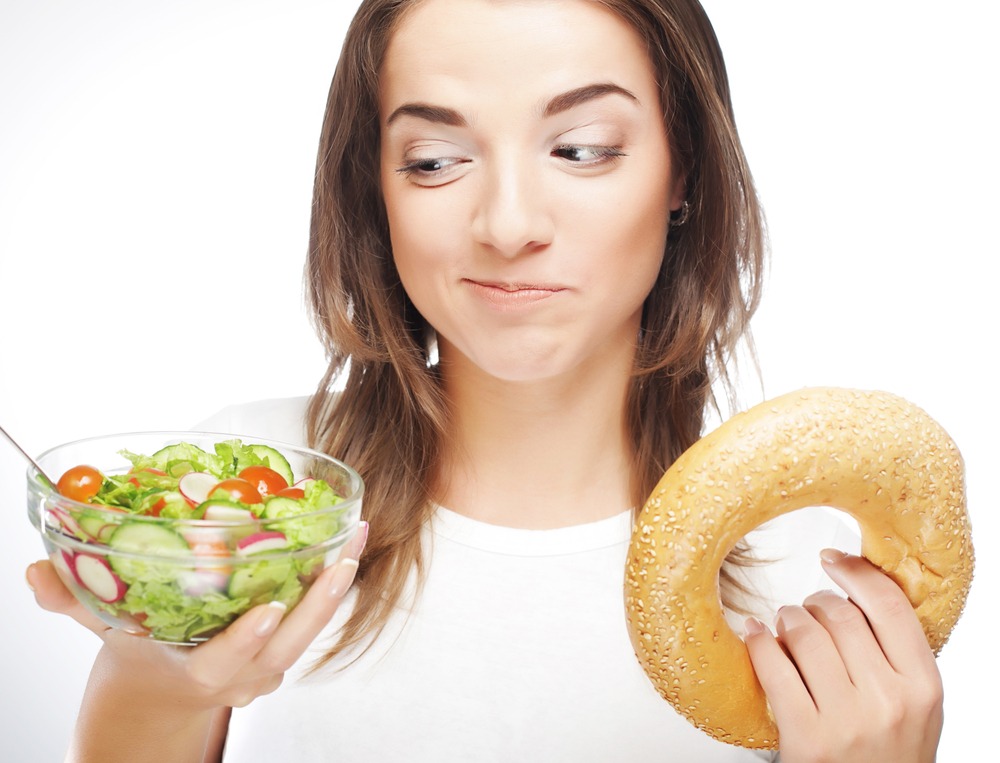Introduction: Understanding Sudden Food Cravings
Have you ever found yourself wondering, “Why am I craving so much food all of a sudden?” You’re not alone! Many people experience unexpected and sometimes uncontrollable cravings that seem to come out of nowhere. While it’s easy to blame that late-night snack or the pizza commercial, food cravings can actually be linked to a variety of physical and emotional factors. Let’s dive deeper into what might be driving your sudden desire to eat more.
1. Common Causes of Sudden Food Cravings

There are several reasons why you might be experiencing a sudden increase in cravings. These can range from hormonal changes to simple dehydration. Let’s explore some of the most common causes.
1.1 Hormonal Changes
Hormones play a significant role in your hunger signals. For women, cravings can spike during certain times of the menstrual cycle due to hormonal fluctuations, particularly of estrogen and progesterone. These hormones affect your appetite and your desire for certain foods, especially sweets or salty snacks.
1.2 Stress and Emotional Eating
When life gets stressful, food often becomes a source of comfort. Your body releases cortisol, a stress hormone, which can make you crave high-fat or sugary foods. This is your body’s way of seeking a quick source of energy to cope with stress, but unfortunately, it can also lead to overeating.
1.3 Nutritional Deficiencies
Sometimes cravings are your body’s way of signaling that it needs something it’s not getting. For example, if you’re craving chocolate, it might mean your body is low on magnesium. Cravings for salty foods could indicate a lack of sodium, while a sudden urge for meat might point to low iron levels.
1.4 Lack of Sleep
Not getting enough sleep disrupts your hunger hormones, ghrelin and leptin, leading to increased appetite. You may feel hungrier than usual because sleep deprivation triggers your body to crave more calories as a quick energy fix.
1.5 Dehydration
Believe it or not, sometimes what you think is a food craving might actually be your body asking for water. Dehydration can mimic hunger signals, making you feel like you need a snack when what you really need is hydration.
2. Psychological Factors Contributing to Cravings
Cravings aren’t just about biology—they can be influenced by your emotional state and psychological well-being.
2.1 Emotional Eating Explained
Food is often used as a coping mechanism for difficult emotions like sadness, boredom, or anxiety. This is known as emotional eating, where you’re not actually hungry, but you eat to fill an emotional void.
2.2 Craving as a Comfort Mechanism
When you’re feeling low, your brain might turn to food for comfort. This is because eating, especially high-sugar or high-fat foods, triggers the release of dopamine, the “feel-good” hormone, which makes you feel better temporarily.
3. How Diet Impacts Food Cravings

The type of food you eat also plays a big role in your cravings. Certain diets can lead to an increased desire for unhealthy foods.
3.1 High-Sugar Diets
If your diet is loaded with sugar, your body can start craving more sugar to maintain the “sugar high” effect. This creates a vicious cycle where your body constantly seeks more sweet foods.
3.2 The Role of Processed Foods
Processed foods, which are often packed with artificial ingredients and unhealthy fats, can trigger cravings. These foods are engineered to be hyper-palatable, meaning they’re designed to be so tasty that it’s hard to stop eating them.
3.3 Insulin Resistance and Cravings
If your body is becoming insulin resistant due to a poor diet, you may experience more frequent food cravings, especially for carbs and sugar, as your body struggles to regulate blood sugar levels.
4. The Science Behind Cravings: Brain Chemistry
Let’s take a look at how your brain chemistry influences your food cravings.
4.1 Dopamine and Reward Centers
When you eat something delicious, your brain releases dopamine, a neurotransmitter associated with pleasure and reward. This dopamine rush can lead to cravings as your brain seeks to repeat the pleasurable experience.
4.2 The Gut-Brain Connection
Your gut and brain communicate through the gut-brain axis. If your gut microbiome is out of balance, it can influence your cravings. For example, certain bacteria in the gut may trigger cravings for foods high in sugar or fat.
5. How to Manage and Reduce Food Cravings
Managing cravings doesn’t mean you have to deprive yourself of food. Instead, try these strategies to keep them in check.
5.1 Eat Balanced Meals

Make sure your meals contain a balance of protein, healthy fats, and complex carbs. This will help you feel fuller for longer and reduce the chances of random cravings sneaking up on you.
5.2 Stay Hydrated
Drink plenty of water throughout the day. Sometimes simply staying hydrated can reduce food cravings, especially for salty or sweet snacks.
5.3 Practice Mindful Eating
Instead of eating on autopilot, try paying attention to what and when you’re eating. Are you truly hungry, or are you just eating because it’s a habit? Mindful eating can help you better recognize when your body is genuinely in need of food versus when it’s a craving.
5.4 Get Enough Sleep
Prioritize sleep to keep your hunger hormones in balance. With enough rest, you’re less likely to experience the hormone imbalances that trigger cravings.
5.5 Stress Management Techniques
Since stress is a major driver of cravings, it’s important to find healthy ways to manage stress. Try activities like yoga, meditation, or even a short walk outside to lower stress levels.
Conclusion: Finding Balance in Your Food Cravings
Sudden food cravings are common, and while they can be frustrating, they often stem from understandable physical or emotional causes. By understanding what’s behind your cravings and using practical strategies to manage them, you can find balance and enjoy a healthier relationship with food.


